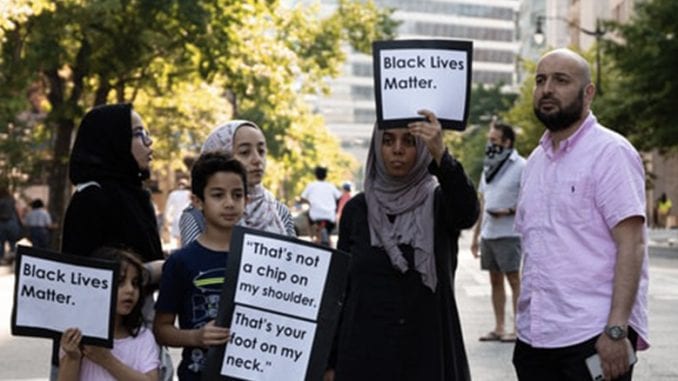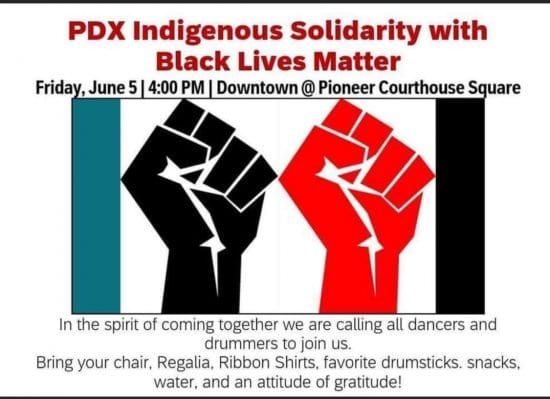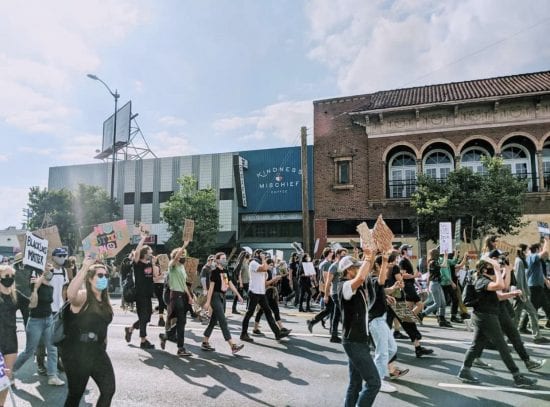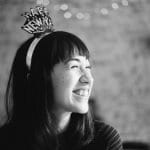
We share input from café owners on how they’re working with the Black Lives Matter movement.
BY KATRINA YENTCH
BARISTA MAGAZINE ONLINE
Cover photo courtesy of Koshu Kunii for Unsplash
If there’s one thing we’ve learned from protesters over the last week, to re-emphasize a relatable cliché, it’s that there is power in numbers. Many ethnic groups including white, Black, Asian, Native American, and more have come together to fight against police brutality in the United States, and to force lawmakers to take the most proactive changes yet in policies that defund police forces. Many of those groups have included members within our own coffee communities.
We spoke to café owners who identify as persons of color on how they’ve either supported the movement, or how we can all become involved ourselves.
Loretta Guzman, owner of Bison Coffee House in Portland, Ore.

Question: How can the Native community get involved in the Black Lives Matter movement?
“Not really sure I can answer for the Native community here in Portland. … Our community is not as big as the other communities, and that really says a lot as we are the First Nation people of this land, and we are the minorities. To me that speaks a lot; we also have had the foot on the back of our neck for hundreds of years and they have tried to silence us. I can walk out my door and not see one Native person from my shop, to my house, to downtown. I can walk out and see every other race on my drive. But for the Natives that I personally know and speak to, we all know the injustice to us as people of color, as we live with brown skin every day of our lives and have experienced all the racism. I see my Native brothers and sisters sharing posts through social media, speaking up for George Floyd, as we know this could (have) been any one of us. We don’t take it lightly and we really share amongst ourselves. We as Natives do know other Natives in almost every state; we are spread all over the United States and we do have that connection with each other and are internet friends that we share.”
Luis Rodriguez, co-owner of The Station Beacon Hill, Seattle
Question: How has The Station been involved in the BLM movement?
“I am an immigrant from Mexico and my wife (Leona) is African American, so she’s also the owner. We as community leaders and business owners of the most POC activist coffee (shop) in the Seattle area are constantly talking to our community and we are the platform to talk to City of Seattle electives; we are on the outside and in the inside.”
What would you say, based off of the conversations you’ve had with your community, do they need the most right now for support from others in Seattle?
“Defund our military police and put that money in our Black and Brown communities!”

Mo Maravilla, owner of Kindness & Mischief Coffee in Los Angeles, Calif.
Question: Why is it important to you for communities of color to be involved in the Black Lives Matter movement? How has your café been involved?
“Racism runs rampant in my own Filipino culture. Recognizing the ways we’ve allowed it to exist within our own families and ourselves is the first step. Then, going on to have the difficult conversations and changing our actions is the next. My own family and I have had numerous discussions about it, and I’ve shed many a tear and screamed many a scream, but it’s worth it—it makes a difference, and it can bring about change.
“Our role as Asian Pacific Islanders—and anyone who is not black, for that matter—is to listen, learn, speak up, and show up. Listen and believe Black voices, educate yourself on the issues and possible solutions, then use your voice and be there for the fight. As a business owner, I have the unique privilege of being able to use the shop as an outlet for our message to be heard by our community and beyond. We use it to amplify and empower Black leaders, businesses, and organizations—first locally, then nationally. We use it to share our own personal stories of dealing with racism, and that we stand with them in solidarity during this uprising. We are holding fundraisers and donating thousands of dollars to Black organizations working for equality. We have protested and marched in Highland Park and Downtown Los Angeles. Now we continue to use our voice to clearly articulate our values as a company—that Black lives matter and that we will work in solidarity to create a society that reflects that.”

